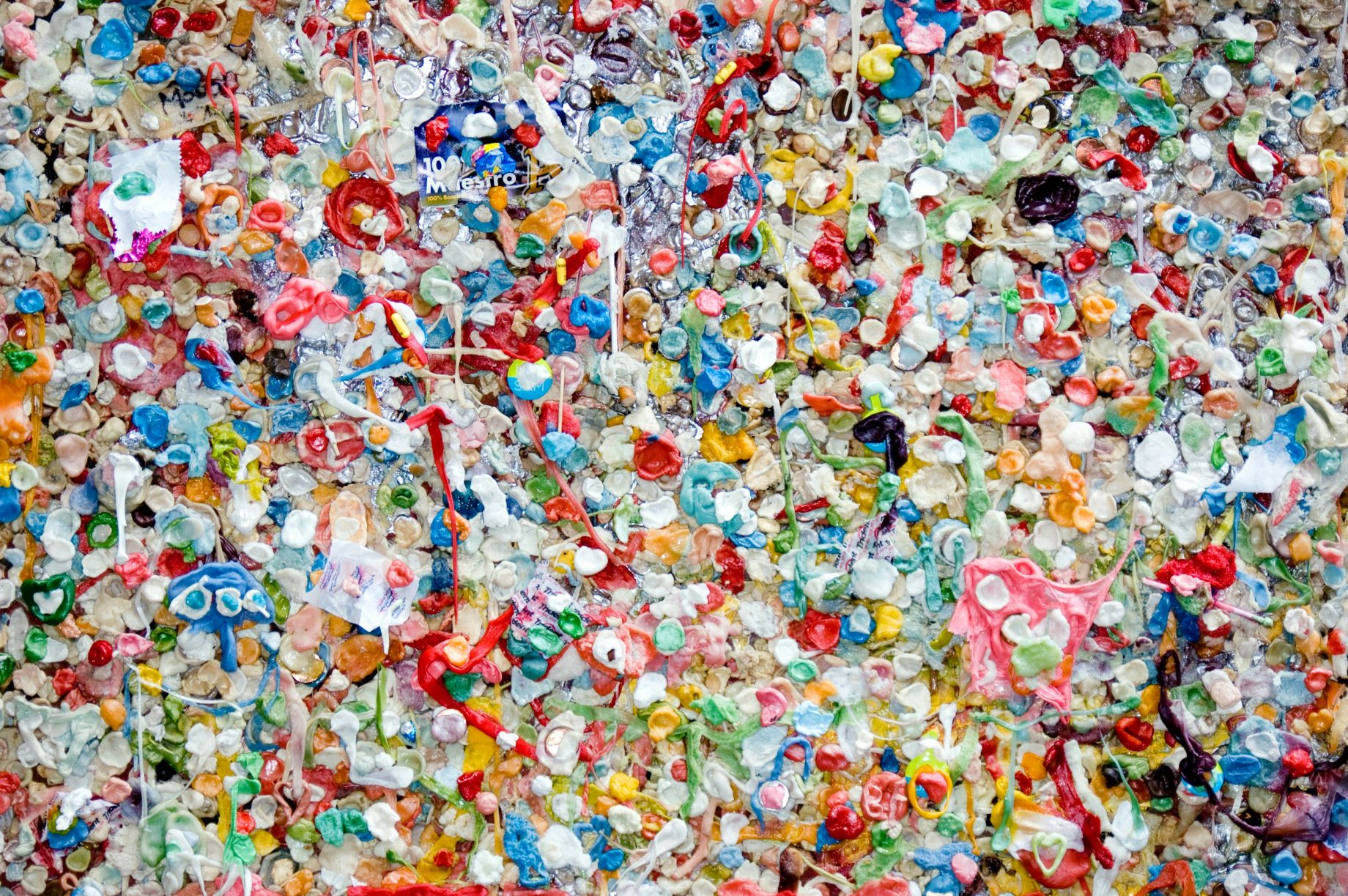Northwestern University researchers have reported a catalyst capable of converting difficult plastics into usable by-products.
The nickel-based technology focuses on polyolefins, a dominant source of global waste. Their findings, published in Nature Chemistry this week, show the material can be reduced to oils and waxes under more efficient conditions.
Tackling Polyolefin Waste in Packaging
The focus of the research is polyolefins — the material behind bin bags, plastic wrap, squeeze bottles, and other disposable packaging.
Globally, more than 220 million tonnes of polyolefins are produced each year, however only 1% to 10% is recycled.
“Polyolefins don’t have any weak links. Every bond is incredibly strong and chemically unreactive.” Co-author Yosi Kratish explained. The chemical durability has made them essential for packaging but nearly impossible to reuse.
Nickel-Based Catalyst Delivers Efficient Recycling
The Northwestern team’s new nickel-based catalyst overcomes these hurdles by selectively targeting carbon–carbon bonds. Its single-site design allows it to act with precision, breaking down branched polyolefins into oils and waxes that can be upcycled into products like lubricants and fuels.
“Our new catalyst could bypass this costly and labour-intensive step for common polyolefin plastics, making recycling more efficient, practical and economically viable than current strategies.” Senior author Tobin Marks said.
The catalyst also operates at lower temperatures and requires less hydrogen than other methods, further lowering energy demands.
PVC Contamination Enhances Catalyst Performance
A frequent problem in recycling is the presence of PVC, widely used in flooring and piping. The new catalyst did not degrade when exposed to it. Researchers observed that PVC actually sped up the polyolefin breakdown.
Production of plastics globally is forecast to rise from 464 million tonnes in 2020 to 884 million tonnes by 2050.












